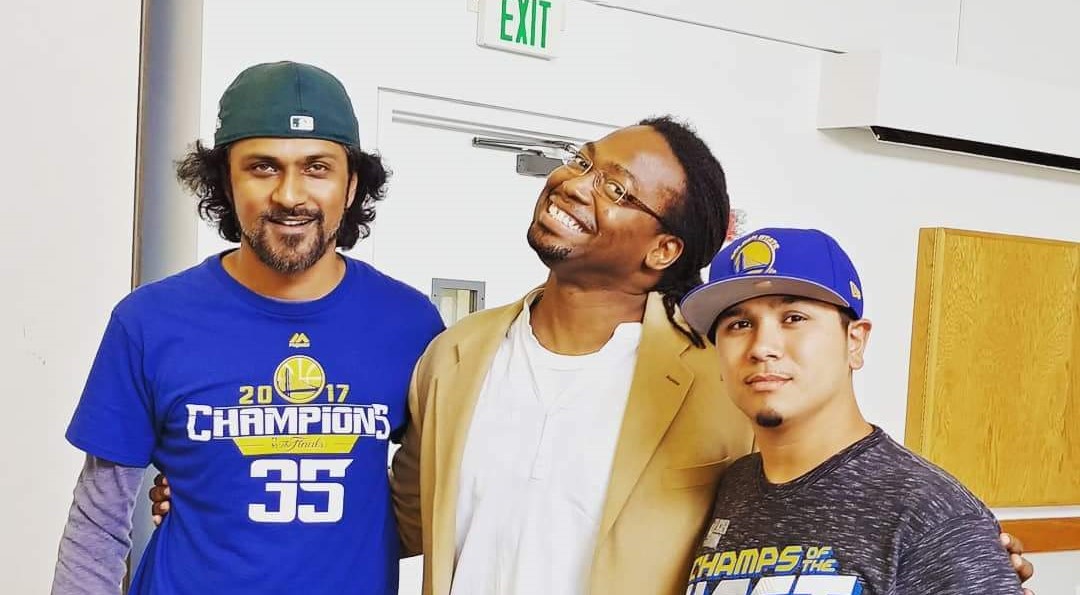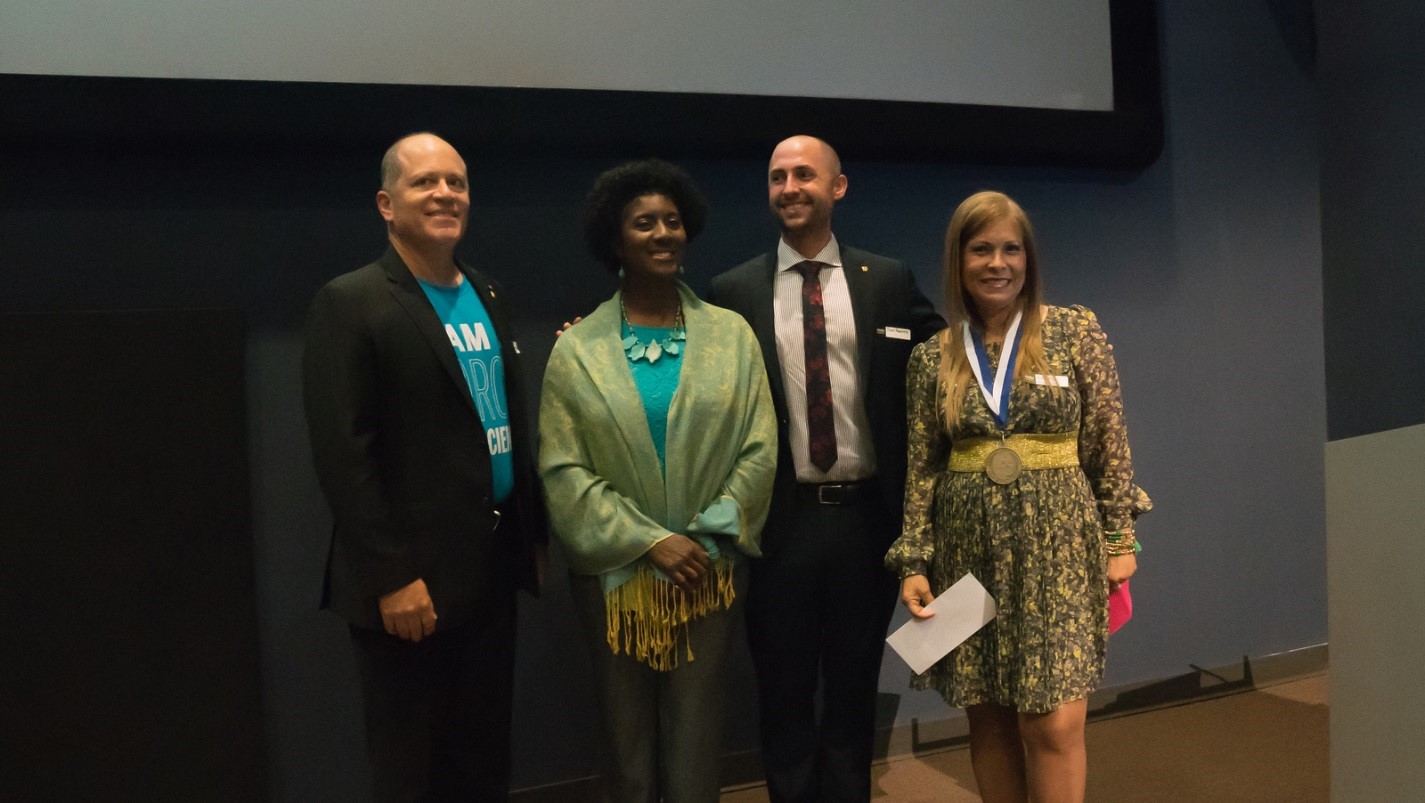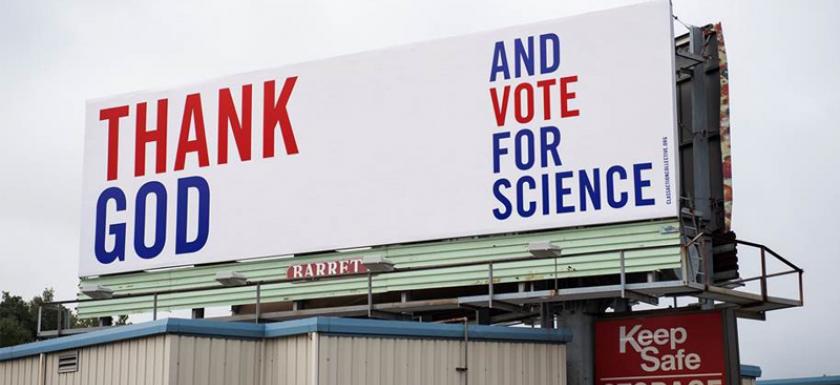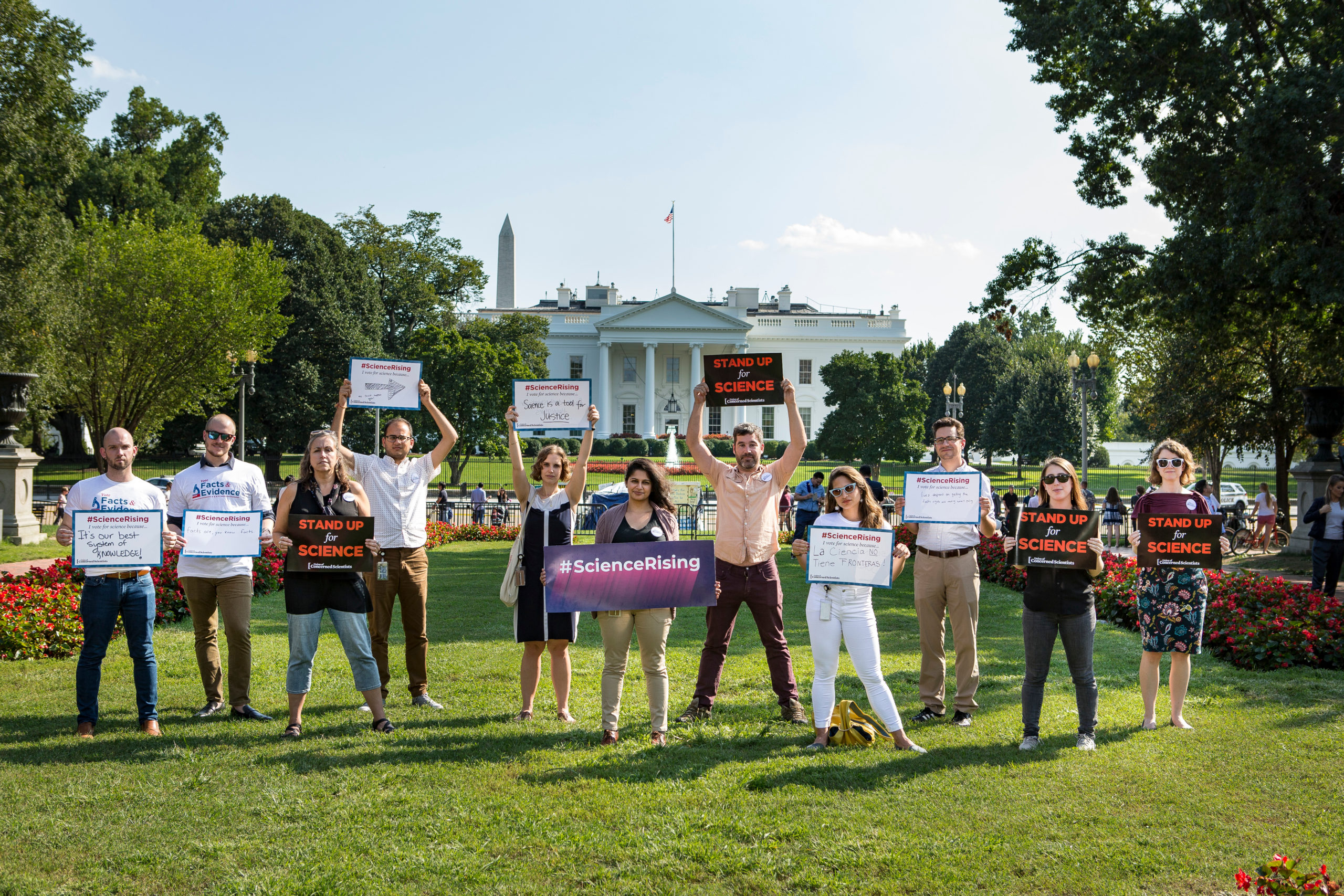Story by Melissa Varga
In early 2018, Science Rising was just an idea from a few scientists and organizers to build a stronger foundation for the science advocacy movement. We brought on partners and different perspectives, and eventually we launched to the public in April 2018. We had big dreams of mobilizing scientists and science supporters around the 2018 mid-term elections, but had humble goals about how many people we could reasonably reach.
I’ve been amazed at how many people have stood up and said they wanted to be a part of this movement, at how many people have stepped outside their comfort zones to talk to candidates about local science and health issues, organized trainings on their campuses, or held events in their communities about ballot initiatives or other key community concerns. In fact, 169 events and activities were posted on Science Rising, from Puerto Rico to Seattle to Flagstaff, by over 150 different organizations and individuals. Here are some highlights:




But we accomplished more than all of these amazing events! We helped build and curate resources and relationships to support the ongoing science advocacy movement. This is in large part to our many official Science Rising partners, who helped us curate dozens of stories as well as a full suite of resources about how to engage in communities. We hosted 6 Science Rising Twitter chats on each of the core principles, with over 1800 participants and more than 16.5 million impressions. And we’ve demonstrated that scientists and science advocates have an important role to play in getting candidates on the record for science, and an even more important role to play over the next two years in the run-up to the 2020 election.
Science Rising isn’t going away—we’ve built up too much momentum to stop now. I’ll be reaching out to partners and event organizers to talk about what their vision for Science Rising looks like in the future, and how we build an even stronger foundation to engage in 2020 and beyond. If you’d like to be a part of that conversation, please reach out at partnerships@sciencerising.org. 2018 was proof that Science is Rising—and I can’t wait to see how much more we accomplish in the future.
Melissa Varga is Science Network community manager and partnerships coordinator with the Center for Science and Democracy at UCS. She manages the online community for the Science Network, a group of nearly 24,000 scientists and technical experts interested in science advocacy, which offers its members resources, trainings, webinars, and opportunities to get involved in the issues they care about. She is the coordinator of the Science Rising project.

